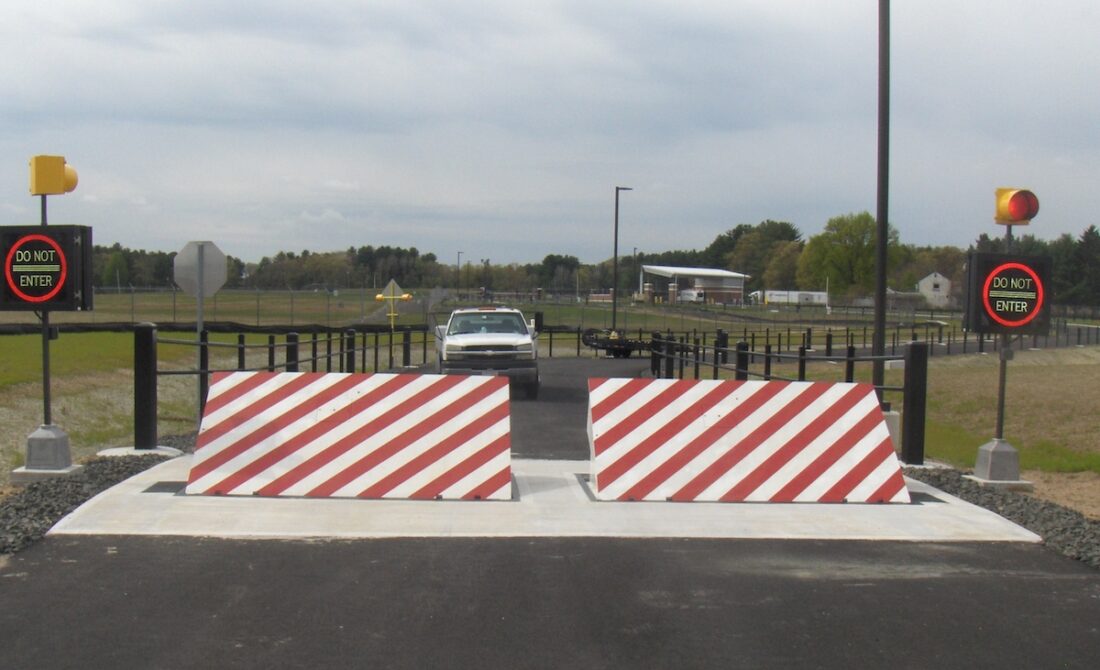Perimeter safety is a crucial facet of defending varied forms of facilities, assets, and people. It is utilized by a variety of organizations and institutions to safeguard their premises. Here are some examples of who should use perimeter security:
Commercial Properties: Businesses, each massive and small, utilize perimeter safety to guard their assets, staff, and clients. This includes retail shops, workplace buildings, warehouses, and manufacturing facilities.
Government Buildings: Government facilities, similar to city halls, courthouses, and federal buildings, implement stringent perimeter security measures to guard sensitive information and public servants.
Critical Infrastructure: Perimeter safety is significant for safeguarding important infrastructure, together with energy vegetation, water therapy facilities, and transportation hubs. Any disruption to those services can have significant penalties.
Airports: Airports require robust perimeter security to protect aircraft, passengers, and airport employees. Security measures often embrace fences, surveillance methods, and access management.

Military Bases: Military installations have some of the most advanced perimeter safety methods to guard nationwide safety interests, sensitive data, and personnel.
Educational Institutions: Schools and universities use perimeter security to protect students, school, and employees. This might include entry management systems, safety personnel, and surveillance.
Healthcare Facilities: Hospitals and healthcare amenities implement perimeter safety to guard patients and staff, in addition to useful medical gear and supplies.
Correctional Facilities: Prisons and correctional services require perimeter safety to forestall escapes and protect each inmates and staff.
Data Centers: Data centers retailer valuable and delicate info, making them a goal for cyberattacks and physical safety breaches. Perimeter security is essential to guard the infrastructure and data.
Residential Properties: High-value residential properties, embassies, and diplomatic residences typically make use of perimeter security measures to protect residents and belongings.
Retail Centers: Shopping malls and retail complexes might use perimeter safety to deter theft, vandalism, and ensure the safety of shoppers.
Event Venues: Temporary or everlasting occasion venues, like stadiums, live performance halls, and convention facilities, require perimeter security to make sure the protection of attendees.
Transportation Facilities: Ports, prepare stations, and bus terminals use perimeter security to guard infrastructure, travelers, and cargo.
Public Spaces: In city environments, public areas, parks, and government plazas could incorporate perimeter safety measures to enhance safety.
The specific measures and applied sciences used for perimeter security can vary extensively depending on the nature of the facility, its location, and the level of security required. Common elements of perimeter security embody fencing, access management techniques, surveillance cameras, intrusion detection techniques, security personnel, and more. The objective is to discourage unauthorized access, detect intrusions, and respond to security threats effectively..
